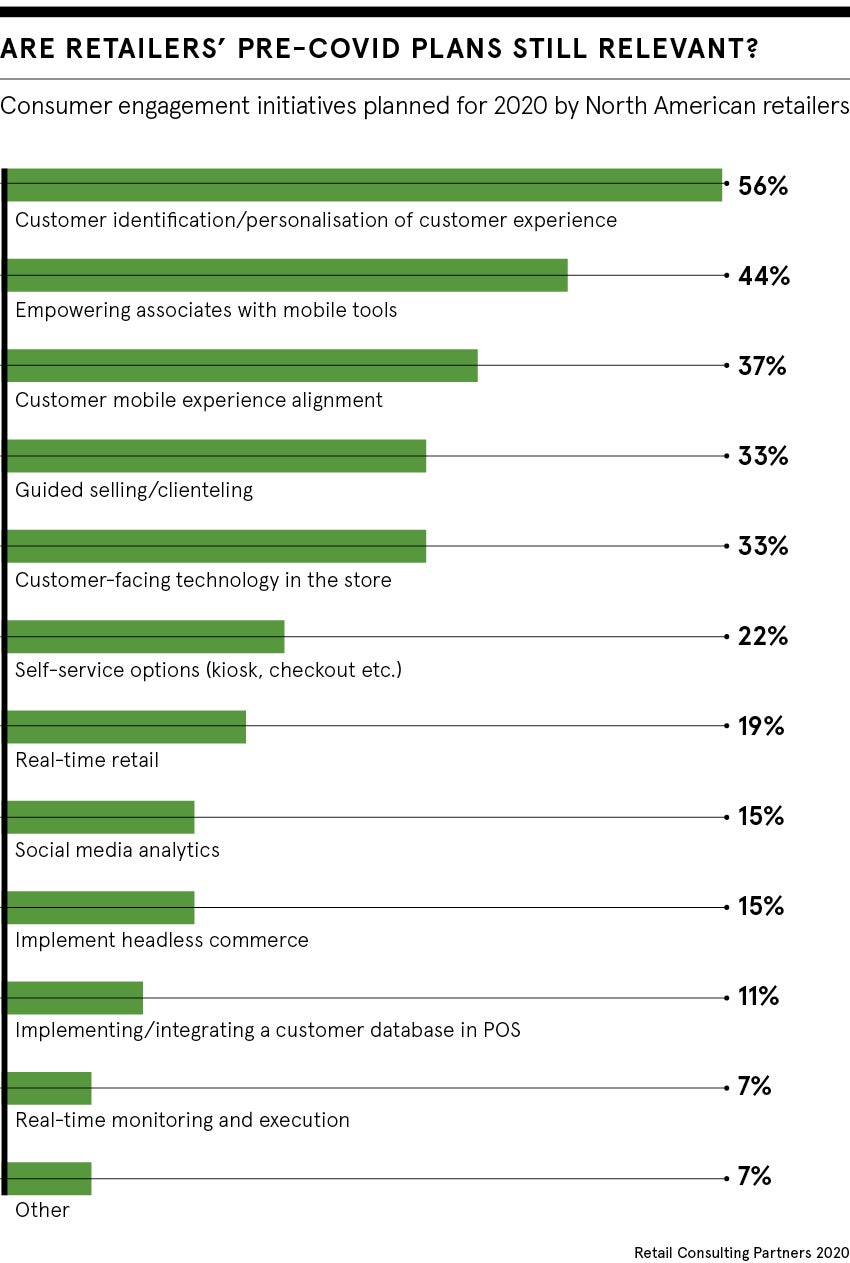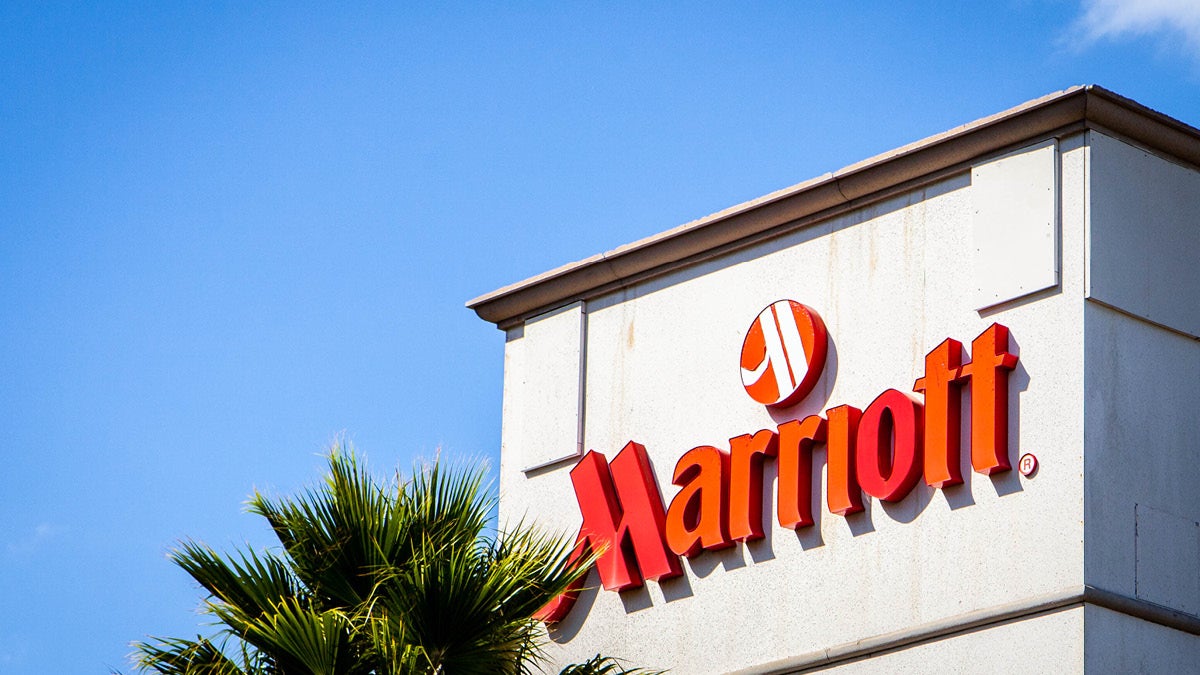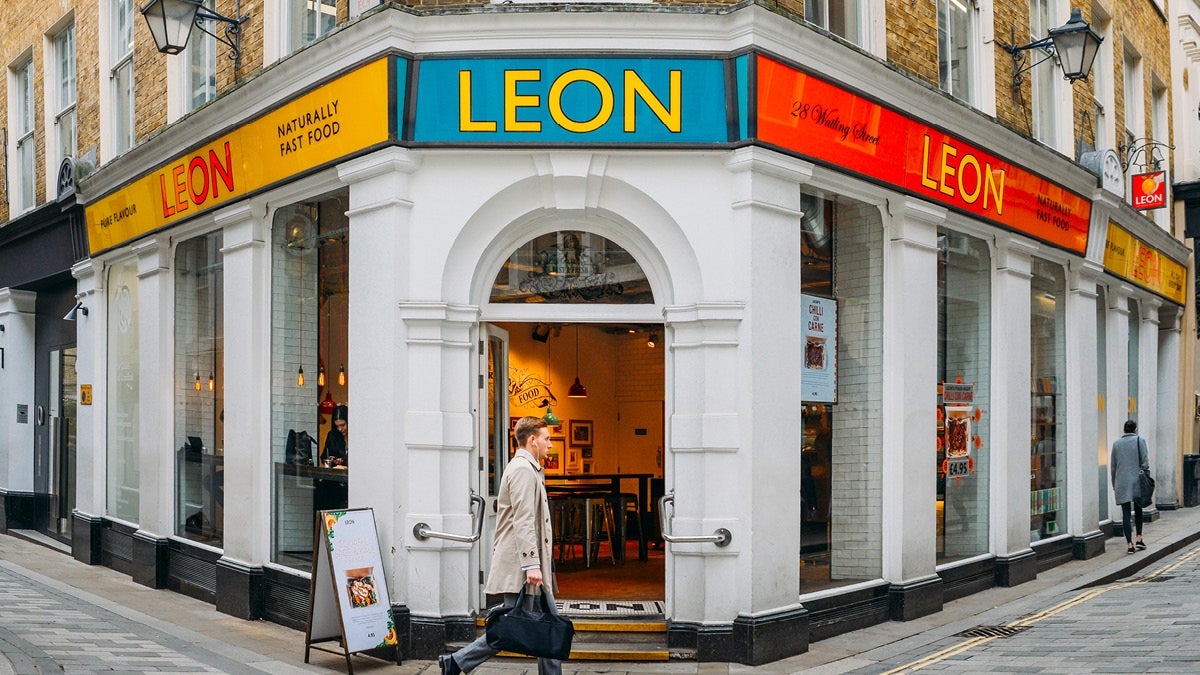With stores closed and traditional advertising channels unattractive, customer management strategies have taken a beating from the coronavirus pandemic. Sales, communications and marketing teams worldwide have had to scramble to innovate in the face of the crisis.
But innovate they have and consumers are now spoilt for choice with creative content to inspire them, during and post-lockdown, and to stay connected with their favourite brands. This is how four sectors are fighting the virus.
Beauty: going digital-first to enhance customer experience
“Stay close to your customer and you won’t go wrong,” beauty icon Estée Lauder once said. And Lesley Crowther, vice president of consumer engagement for Estée Lauder Companies UK and Ireland, concurs saying being customer centric is now more important than ever.
With stores and salons closed, the group has developed new customer management strategies. It has increasingly turned to platforms, including Facebook, Instagram and Pinterest, to leverage tools such as virtual try-ons, tutorials and video chat consultations for brands such as MAC, Aveda, Clinique, Jo Malone and Bobbi Brown.
MAC’s new virtual try-on augmented reality filter has doubled the brand’s online consumer engagement. Meanwhile, live content on Aveda’s channels, featuring professional artists, has seen a 202 per cent increase in views week on week since lockdown.
“We are using sophisticated social media listening tools, machine-learning and other research techniques to better understand consumers’ needs and adapt our content,” says Crowther.
For L’Oréal, the crisis has led to a digital transformation acceleration, prompting a number of customer management innovations.
According to Lex Bradshaw-Zanger, chief marketing officer at L’Oréal UK and Ireland, the company has developed more than 20 new services, such as online skin diagnosis and personalised product recommendations, rolled out by 20 brands in 71 countries.
Ecommerce is a significant growth driver, increasing by 52.6 per cent and now representing nearly 20 per cent of global sales.
“New technologies are rewriting the codes of the beauty experience,” says Bradshaw-Zanger. “We have always taken a multi-channel approach, but we are upweighting our investment in online services to build lasting relationships with our consumers.”
Supporting salon partners has also been instrumental, by freezing payments, offering e-learning resources and releasing a Back to Business guide to support L’Oréal’s 25,000-strong network.
“Hairdressing is the largest contributor to the British beauty economy, valued at around £6 billion, and salons play an integral part in communities,” adds Bradshaw-Zanger.
Their ability to innovate has both businesses confident of a post-COVID bounceback. As Estée Lauder’s Crowther says: “When retail stores reopen, we will be in a stronger position to further unlock the potential of omnichannel, as we have never felt so connected to our consumer base.”
Travel: preserving long-term customer relationships
Maintaining goodwill with its most valued guests, Bonvoy programme members, has been a central customer management strategy for Marriott International.
The hotel chain moved swiftly to implement measures such as extending elite status, pausing points expiration and allowing its US credit card holders to earn grocery store points. It has also boosted customer-centric digital content with monthly emails featuring travel-inspired films, podcasts and virtual tours, as well as Zoom cooking classes with hotel chefs.
The group has pivoted its loyalty marketing programme from long-haul “dream” trips to road trips, escapes to the countryside and by the sea.
“We need to ensure we can deliver the kinds of experiences our members are looking for as they start to travel again. As time passes, people will venture further afield,” says Neal Jones, Europe, Middle East and Africa chief sales and marketing officer for Marriott International.
A commitment to cleanliness and social distancing will be essential for the travel industry to recover from what Jones describes as “one of the biggest challenges of our lifetime”, but he is optimistic.
“The pandemic has not only shifted travellers’ expectations, it has fundamentally changed human attitudes and behaviours at a speed we’ve never seen,” he says. “We’re confident that as communities, businesses and economies start to recover, our members will want to travel again.”
Automotive: thinking creatively with a customer-centric approach
German carmaker BMW adapted its global content strategy overnight, successfully setting up cross-departmental task forces that may well become permanent.
“This period has highlighted how frequent virtual communication has improved our understanding of the daily challenges in each market,” says Jens Thiemer, senior vice president, customer and brand, at BMW.
To give its customer management strategy a more emotional connection, new programmes such as its BMW Today YouTube show and Changing Lanes podcast have been launched amid a raft of social media initiatives.
“The key change was communicating with an appropriate tone and message, while increasing output across our channels,” says Thiemer.
Perhaps BMW’s biggest marketing and communications innovation is establishing itself as a major player in e-sports, tapping into its surging popularity in the absence of traditional sporting events. It has partnered with five of the world’s top organisations to run pre-tournament challenges on social media and streaming platforms.
The initiative is so far yielding good results, says Thiemer, and is enabling BMW to follow a new direction in sport sponsorship, while exploring new approaches to creative content.
Hospitality: propelling customer service with brand purpose
Having a firm handle on renewed brand purpose has inspired restaurant chain Leon to maintain customer connections against the threat of closed doors.
It converted stores into mini-supermarkets, offering both click and collect and delivery, and launched Feed Britain, providing restaurant-quality ready meals and seasonal produce via home delivery. This has been accompanied by Leon at Home cooking content on social media.
“We believe we have a key role to play in helping as many people as possible access food,” says Leon Restaurants’ sustainability and values director Kirsty Saddler.
“Our Feed Britain online platform helps people access restaurant-quality food and helps save the food industry. The produce available was previously destined for restaurants, hotels and first-class airport lounges. It provides a route to market for suppliers and helps reduce concern over empty supermarket shelves and reduced availability of online delivery.”
All profits from Feed Britain during COVID-19 are being donated to Feed NHS, which Leon launched in March to raise £1 million to supply half-price meals to NHS staff, with the support of other restaurants including Dishoom, Wasabi and Farmer J.
Keeping its sense of purpose front and centre has helped Leon put competitive rivalries aside. “We realised this wasn’t about us, but about delivering as many meals as possible to NHS workers,” says Saddler.
Beauty: going digital-first to enhance customer experience




